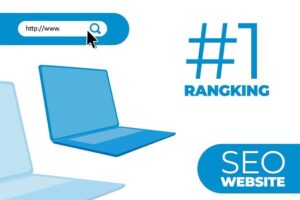Off-Page SEO strategically boosts brand visibility and authority through external activities like link building, social media engagement, and reputation management. Audits analyze backlinks, competitor strategies, and social signals to enhance domain authority and search rankings. By identifying high-quality links, rectifying toxic ones, and optimizing social media presence, Off-Page SEO ensures sustained online success. Regular tracking and adjustments are crucial for optimal performance.
Off-Page SEO audits are crucial for unlocking a website’s full potential in today’s digital landscape. This comprehensive guide delves into the core components of effective off-page optimization, providing insights on how to elevate your online presence. From understanding the fundamentals of link building and competitor analysis to assessing domain authority and tracking progress, each section equips you with powerful strategies. By leveraging these techniques, you’ll cultivate a robust off-page SEO profile, driving organic growth and boosting your site’s visibility.
Understanding Off-Page SEO Basics
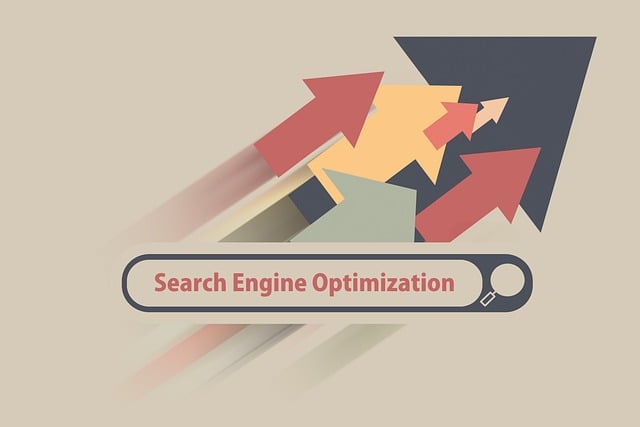
Off-Page SEO refers to all activities and strategies that take place outside your website. It’s a fundamental aspect of search engine optimization, focusing on building authority and relevance for your brand or business in the eyes of search engines like Google. Unlike On-Page SEO, which deals with content and site structure within your pages, Off-Page SEO revolves around signals from external sources that indicate the quality and trustworthiness of your website.
Key components of Off-Page SEO include link building, where you acquire backlinks from reputable websites, social media engagement, which increases brand visibility and encourages shares, and online reputation management, ensuring positive reviews and feedback. These elements contribute to domain authority, a metric that reflects the overall health and trustworthiness of your website, ultimately impacting its search engine rankings.
Identifying Link Building Opportunities

Off-Page SEO audits offer a strategic glimpse into a website’s external links and their impact on search rankings. Identifying link building opportunities is a key component of this process. By analyzing competitor backlinks, you can uncover niche relevant sites and influential bloggers in your industry. Tools like Ahrefs or SEMrush allow for in-depth research, revealing gaps in your existing backlink profile that can be filled with high-quality links.
These opportunities might include guest blogging on reputable platforms, securing mentions from industry authorities, or collaborating with complementary businesses. The goal is to diversify link sources while ensuring they align with the website’s niche and target audience, thereby enhancing its authority and credibility in the eyes of search engines.
Analyzing Competitor Backlinks

Analyzing competitor backlinks is a crucial aspect of any comprehensive off-page SEO audit. By examining the backlink profiles of your competitors, you gain valuable insights into their digital strategies and identify potential areas for improvement in your own campaign. Tools like Ahrefs, SEMrush, or Moz can help uncover high-quality backlinks that your competitors have acquired, allowing you to understand the types of content and outreach strategies that resonated with other sites in your industry.
This process involves identifying the sources of their backlinks, evaluating the anchor text used, and assessing the overall authority and relevance of these linking domains. By understanding where your competitors are getting links from, you can proactively seek out similar opportunities for yourself, whether it’s contributing to reputable industry publications, securing mentions on influential blogs, or engaging in strategic partnership programs that can boost your site’s visibility and search engine rankings through quality backlinks.
Assessing Domain Authority Impact
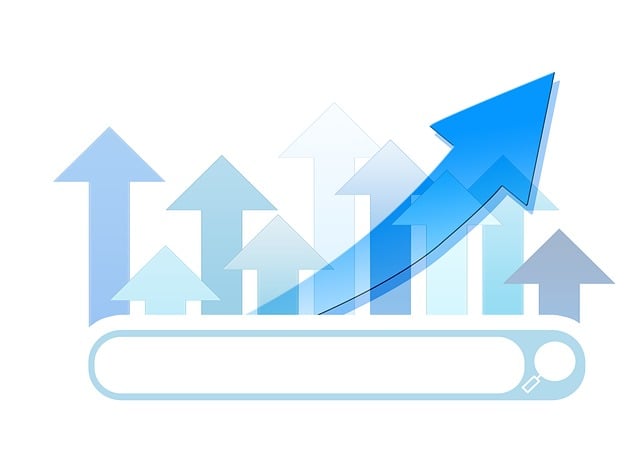
Off-Page SEO audits are a critical component in understanding and improving your website’s visibility online. One key aspect to focus on during this process is assessing the domain authority impact. Domain Authority (DA) is a measure of a website’s overall strength and trustworthiness in the eyes of search engines, particularly Google. It’s influenced by various off-page SEO factors such as the quality and quantity of backlinks from reputable sites, social signals, brand mentions, and more.
By conducting an audit, you can identify areas where your domain authority might be lacking. For instance, if your website has few high-quality backlinks, this could negatively impact your DA. Conversely, acquiring links from authoritative sources can significantly boost it. Understanding these dynamics allows for strategic interventions to enhance your site’s DA, which in turn improves its search engine rankings and organic reach over time.
Evaluating Referral Traffic Sources

Off-Page SEO audits delve into evaluating referral traffic sources, a crucial aspect of understanding where your website is gaining visibility and attracting visitors. By analyzing backlink profiles, social media interactions, and guest blogging activities, businesses can uncover valuable insights into their online presence. Identifying high-quality, relevant referral sources helps in building strategic partnerships and content creation strategies that align with the target audience’s interests.
This analysis allows marketers to assess the effectiveness of Off-Page SEO tactics, such as influencer collaborations, industry directories listings, and online community engagement. By understanding which platforms and websites drive the most organic traffic, businesses can optimize their off-page efforts, enhance search engine rankings, and ultimately, increase conversions and sales.
Investigating Social Media Influence
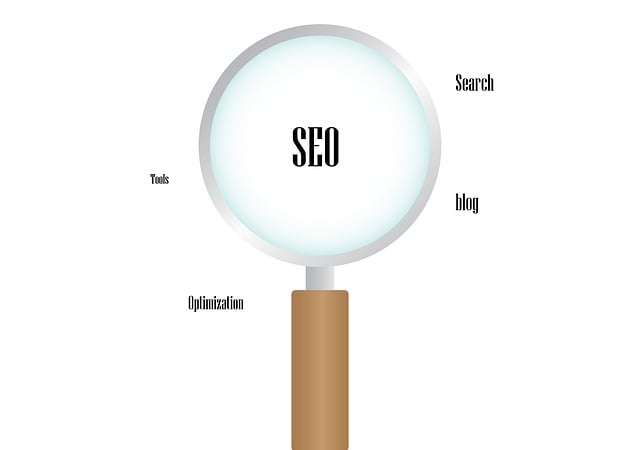
Off-Page SEO audits extend their reach beyond a website’s boundaries, investigating the online landscape where brand visibility and influence are cultivated. One critical aspect of this is gauging the social media influence that can significantly impact search rankings. By analyzing a brand’s social media presence, one can uncover valuable insights into user engagement, sentiment, and interaction patterns.
These audits delve into the quality and quantity of shares, likes, comments, and follows, identifying influential advocates who can amplify a brand’s message. Social media platforms serve as a powerful stage where authentic connections are formed, and content is shared organically. Understanding this dynamic is essential for optimizing Off-Page SEO strategies, ensuring that efforts are aligned with the ever-evolving social media landscape.
Diagnosing Toxic Links and Spam

One crucial aspect of an Off-Page SEO audit is identifying and addressing toxic links and spam. These can significantly harm a website’s search engine rankings due to their negative impact on domain authority. Toxic links often come from low-quality, spammy websites that employ questionable practices like automated link generation or selling links for monetary gain.
During the auditing process, use advanced tools to scan for these malicious links. Keep an eye out for unusual anchor texts, sudden spikes in inbound links, and links originating from suspicious or irrelevant sites. Regularly disavow these toxic links to protect your website’s SEO health. Remember, a clean backlink profile is essential for sustainable search engine visibility and organic traffic growth in Off-Page SEO.
Tracking Off-Page SEO Progress
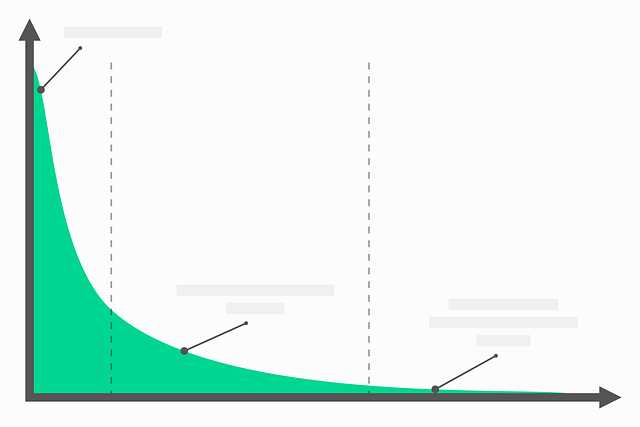
Tracking off-page SEO progress is an essential component of understanding and optimizing your website’s visibility in search engine results pages (SERPs). It involves monitoring the external factors that influence your site’s ranking, such as backlink profiles, social media engagement, and brand mentions. By utilizing advanced analytics tools, marketers can gain valuable insights into the effectiveness of their off-page SEO strategies.
Regularly examining backlinks from reputable sources is crucial to assess the health of a website’s off-page profile. This includes keeping an eye on new link acquisitions, evaluating link quality, and identifying any potential toxic links that could negatively impact rankings. Additionally, social media analytics can reveal trends in user engagement, shareability, and brand awareness, all of which contribute to overall online reputation and search engine visibility.
